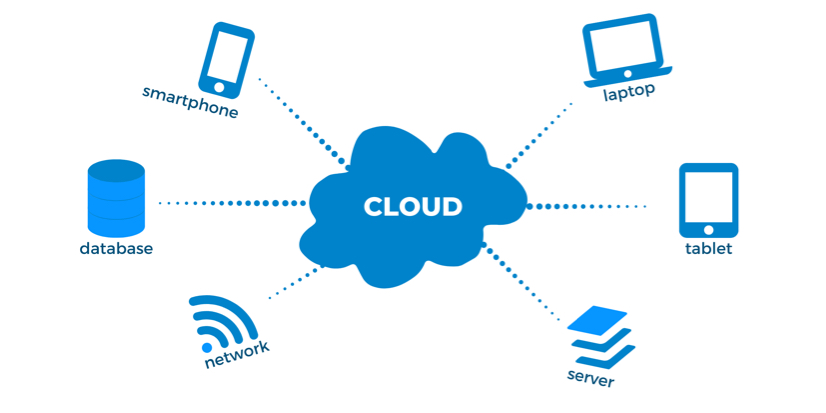Cloud computing has become one of the most popular and rapidly growing technologies in the business world today. It provides a cost-effective and scalable solution for businesses to manage their data and IT infrastructure. Cloud computing enables businesses to access a wide range of computing resources, applications, and services over the internet. In this article, we will discuss the top 10 benefits of cloud computing for businesses.
- Cost Savings
- Scalability
- Flexibility
- Improved Security
- Disaster Recovery
- Increased Collaboration
- Improved Efficiency
- Access to the Latest Technology
- Environmentally Friendly
- Increased Business Agility
Cost Savings


One of the most significant benefits of cloud computing for businesses is cost savings. Cloud computing eliminates the need for businesses to invest in expensive hardware, software, and IT infrastructure. Instead, businesses can subscribe to cloud-based services and only pay for the resources they use. This enables businesses to save money on IT expenditures and reduce the total cost of ownership of their IT infrastructure.
Scalability

Cloud computing provides businesses with the ability to scale their IT infrastructure up or down based on their changing needs. This means businesses can quickly and easily add or remove resources as required, without the need for significant capital investments. As a result, businesses can respond quickly to changes in demand and avoid wasting resources during periods of low demand.
Flexibility

Cloud computing provides businesses with a high level of flexibility when it comes to managing their IT infrastructure. Cloud-based services are accessible from anywhere with an internet connection, which means businesses can operate from anywhere in the world. This allows businesses to be more flexible in their operations, providing employees with the ability to work remotely or from home.
Improved Security

Cloud computing provides businesses with a high level of security for their data and IT infrastructure. Cloud-based services are typically hosted in secure data centers with redundant systems and multiple layers of security. This provides businesses with a more secure environment for their data and IT infrastructure than they could typically achieve with their own on-premises systems.
Disaster Recovery

Cloud computing provides businesses with a reliable disaster recovery solution. Cloud-based services are typically backed up to multiple locations, which means businesses can quickly recover their data and IT infrastructure in the event of a disaster. This enables businesses to minimize downtime and reduce the risk of data loss.
Increased Collaboration

Cloud computing provides businesses with an increased level of collaboration between employees, partners, and customers. Cloud-based services enable businesses to share documents, data, and applications securely over the internet. This makes it easier for employees to collaborate and work together, regardless of their location.
Improved Efficiency

Cloud computing provides businesses with an improved level of efficiency when it comes to managing their IT infrastructure. Cloud-based services are typically automated, which means businesses can quickly and easily provision resources as required. This reduces the need for manual intervention and frees up IT staff to focus on more strategic tasks.
Access to the Latest Technology

Cloud computing provides businesses with access to the latest technology and software applications. Cloud-based services are typically updated and maintained by the service provider, which means businesses always have access to the latest features and functionality. This enables businesses to remain competitive and keep pace with technological advancements.
Environmentally Friendly

Cloud computing is an environmentally friendly technology. Cloud-based services typically use less energy than traditional on-premises systems, which means businesses can reduce their carbon footprint and energy costs. This makes cloud computing a more sustainable option for businesses.
Increased Business Agility

Cloud computing provides businesses with increased agility when it comes to managing their IT infrastructure. Cloud-based services enable businesses to quickly and easily deploy new applications and services, which allows them to respond quickly to changes in the market. This enables businesses to be more competitive and adapt to changing market conditions more effectively.
In conclusion, cloud computing provides businesses with a wide range of benefits, including cost savings, scalability, flexibility, improved security, disaster recovery, increased collaboration, improved efficiency, access to the latest technology, environmental sustainability, and increased business agility









